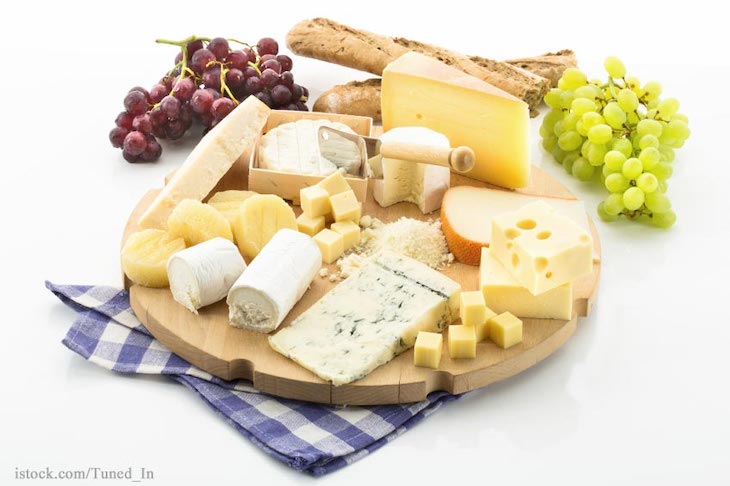The deadly Listeria monocytogenes outbreak linked to deli sliced meats and cheeses has sickened 8 people in 8 states. One person who lived in Michigan has died. All eight patients were hospitalized. These outbreaks are tragic. What is the history of Listeria monocytogenes outbreaks linked to meats and cheeses?

In the current outbreak, patients purchased deli sliced meats and cheeses in unnamed stores. The CDC outbreak notice did state that investigators found the outbreak strain of Listeria monocytogenes in samples from meat sliced at “a deli” and from deli counters in multiple retail locations in New York and Rhode Island. Patients sickened in this outbreak live in Michigan, New Jersey, New York, and Pennsylvania.
This outbreak demonstrates why public health officials tell those at risk for listeriosis to avoid deli meats and cheese, lunch meats, hot dogs, and unrefrigerated smoked fish. Those foods have been linked to Listeria monocytogenes outbreaks in the past.
There is zero tolerance for Listeria monocytogenes bacteria in ready-to-eat foods simply because the pathogen causes such serious illness. To complicate matters more, Listeria can grow at refrigerator temperatures, and freezing doesn’t kill it. With no kill step after the consumer purchases these products, someone is likely to get sick.
It’s important to remember that most listeriosis cases are not part of an outbreak, which is defined as two or more unrelated people sickened with the same pathogen. Listeria outbreaks are not common, but they have devastating consequences.
These outbreaks have been linked to caramel apples, raw milk, ice cream, salad mixes, melons, and frozen vegetables. This is a selected history of Listeria monocytogenes outbreaks linked to meat and cheese:
- A Listeria monocytogenes outbreak in late 2018 was linked to Long Phung pork products. Four people were sickened in this outbreak, and all four were hospitalized.
- Another outbreak in 2018 was linked to Johnston County Hams. Four people were sickened, and again, all four were hospitalized.
- In 2017, an outbreak that sickened eight people was linked to soft cheeses made at Vulto Creamery in New York.
- In 2015, a Listeria monocytogenes outbreak linked to soft cheeses distributed by Karoun Dairies was announced. The pathogen sickened thirty people in ten states. Illness onset dates ranged from June 2010 to August 2015.
- A Listeria monocytogenes outbreak linked to Oasis Brands cheese sickened five people in four states. One death was reported, and one infant was born ill.
- An outbreak linked to Crave Brothers soft-ripened cheese in 2013 sickened six people, killed one person, and caused a miscarriage.
- Frescolina Marte brand ricotta salata cheese sickened 22 people in an outbreak in 2012. Four deaths and one fetal loss were reported.
To protect yourself against this illness, especially if you fall into one of the high risk groups, it’s important that you avoid certain foods. Don’t buy meats and cheeses sliced at deli counters. Avoid eating lunch meats and hog dogs. Avoid soft cheeses, especially those made with unpasteurized milk. And follow food safety rules to the letter: refrigerate foods promptly, use foods within two or three days, and avoid cross-contamination.
Symptoms of Listeria monocytogenes food poisoning include a high fever, stiff neck, severe headache, nausea, and diarrhea. These symptoms may not appear until 70 days after infection. Pregnant women usually think they have the flu; their illness may be mild. If you or anyone you know has been suffering with these symptoms, especially if they have eaten deli meats or cheese, see your doctor.
Pritzker Hageman law firm helps people sickened by food contaminated with Listeria monocytogenes and other pathogenic bacteria get answers, compensation and justice. We protect our client’s legal rights. Our lawyers represent patients and families of children in personal injury and wrongful death lawsuits against grocery stores, food producers, shippers, dairies, restaurants, retailers, and schools.




